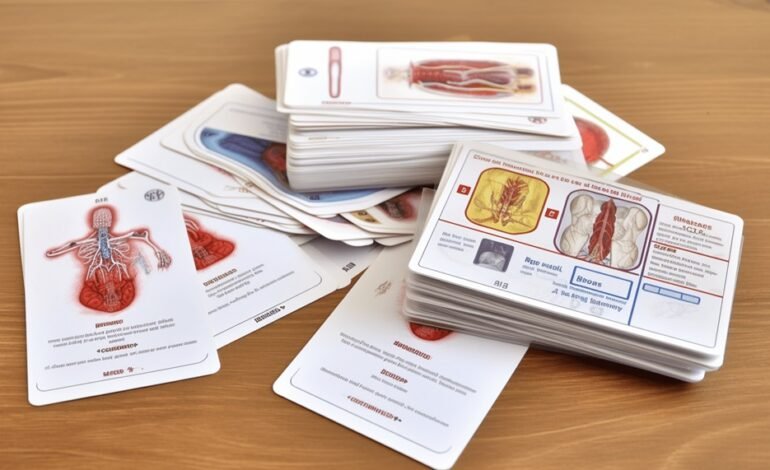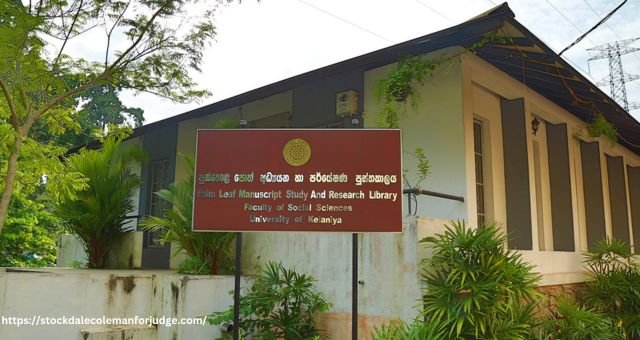Maximize Your Learning: Effective Study with Flashcards and Anki

In today’s fast-paced world, efficient learning techniques are essential for mastering new information quickly and retaining it over the long term. One of the most effective methods for achieving this is through the use of flashcards. This simple yet powerful tool has been utilized by students, professionals, and lifelong learners across various disciplines. Flashcards not only help in memorizing facts but also in understanding and applying complex concepts. This article delves into how flashcards can transform your learning experience, the science behind their effectiveness, and how you can leverage digital tools like Anki to optimize your study sessions.
Flashcards are versatile study aids that consist of a set of cards, each bearing information on both sides. Typically, one side contains a question or a prompt, while the other side provides the answer or explanation. This format encourages active recall, which is the process of actively stimulating memory during the learning process. Research shows that active recall is one of the most effective ways to strengthen memory and enhance learning. When you use flashcards, you’re not just passively reading or highlighting information; you’re engaging with the material, testing your knowledge, and identifying gaps in your understanding.
One of the key advantages of flashcards is their ability to facilitate spaced repetition, a learning technique that involves reviewing information at increasing intervals. Spaced repetition takes advantage of the psychological spacing effect, which demonstrates that information is better remembered if exposure is spaced out over time. By regularly revisiting flashcards, learners can transfer knowledge from short-term to long-term memory, making it easier to recall information when needed. This technique is particularly effective for subjects that require cumulative learning, such as languages, medicine, and law.
Digital flashcard tools, such as Anki, have revolutionized the traditional flashcard method by incorporating advanced algorithms to optimize spaced repetition. Anki, which means “memorization” in Japanese, uses a sophisticated algorithm to predict when you are likely to forget a piece of information and prompts you to review it just in time to reinforce your memory. This personalized approach ensures that you spend more time reviewing challenging material and less time on concepts you’ve already mastered, making your study sessions more efficient. For those wondering “What are Anki cards?“, they are digital flashcards that use this algorithm to schedule reviews based on your performance.
Creating effective flashcards requires more than just jotting down facts. It’s important to craft cards that challenge your understanding and encourage deeper engagement with the material. Start by breaking down complex information into manageable chunks. Each flashcard should focus on a single concept or question to avoid cognitive overload. Use clear and concise language, and incorporate images, diagrams, or mnemonics to enhance memory retention. Additionally, periodically shuffle your flashcards to prevent pattern recognition and ensure that you’re learning the material, not just the order of the cards.
Flashcards are also a valuable tool for collaborative learning. Group study sessions can be enhanced by using flashcards to quiz each other, discuss answers, and explain concepts in your own words. Teaching others is a powerful way to solidify your understanding and identify areas that need further review. Furthermore, flashcards can be customized to suit different learning styles. Visual learners might benefit from color-coded cards and images, while auditory learners could use flashcards with recorded explanations.
Incorporating flashcards into your study routine can lead to significant improvements in academic performance and knowledge retention. However, consistency is key. Dedicate a specific time each day to review your flashcards, and integrate them with other study methods, such as note-taking, summarizing, and practice testing, to create a well-rounded learning strategy. The portability of flashcards also allows for flexible study sessions, whether you’re at home, commuting, or taking a break at work.
The benefits of using flashcards extend beyond academic learning. They can be applied to various areas of personal and professional development, such as learning a new language, mastering technical skills, or preparing for certifications. Flashcards can also aid in developing critical thinking skills by encouraging you to make connections between different pieces of information and apply knowledge in practical scenarios.
In conclusion, flashcards are a timeless and versatile learning tool that can significantly enhance your ability to learn and retain information. By promoting active recall, enabling spaced repetition, and accommodating different learning styles, flashcards offer a comprehensive approach to studying that can be tailored to individual needs. Digital tools like Anki further enhance this process by optimizing review schedules based on your performance, ensuring efficient and effective learning. Whether you’re a student, a professional, or a lifelong learner, integrating flashcards into your study routine can lead to more productive and rewarding learning experiences.












